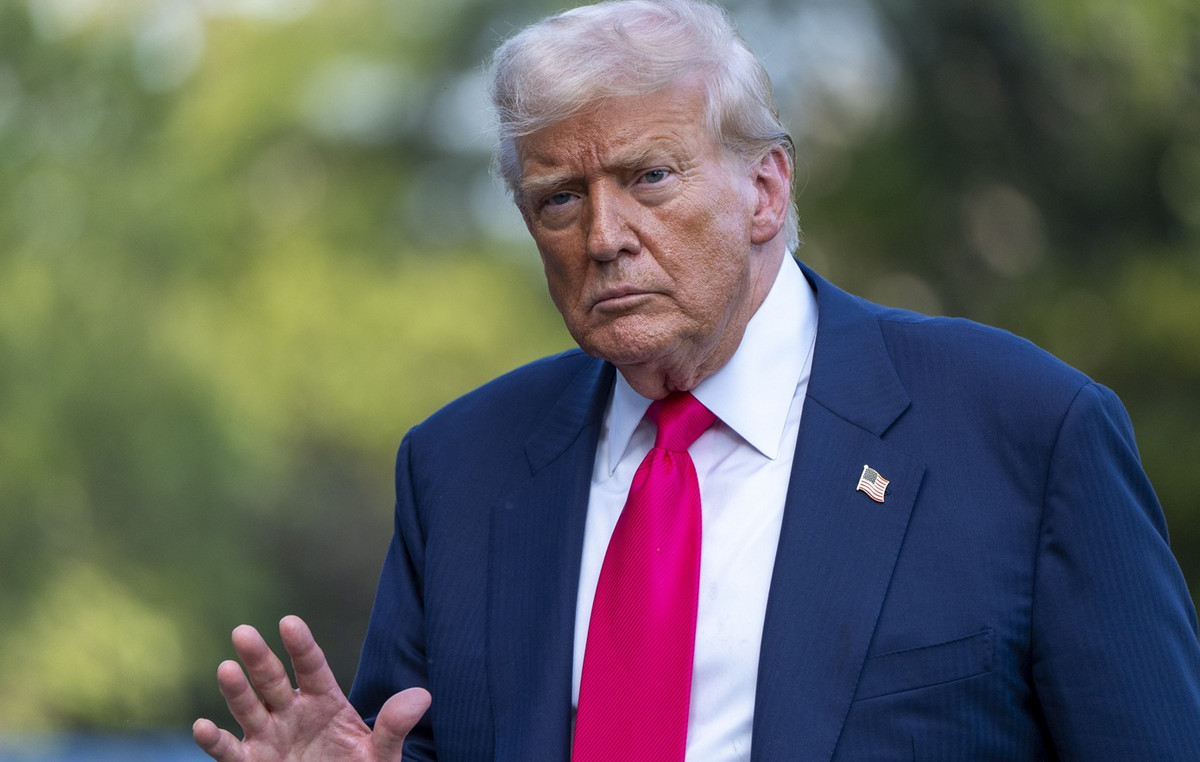As a catchphrase, ‘Global Britannia’ is phenomenal. The idea that outside the EU, alone and unimpeded by Brussels, Great Britain is going to be able to reach trade agreements with the rest of the world looks very good on paper. The problem is that, on paper, we should all be millionaires by now. One thing is marketing. Another, very different, to bring marketing to reality.
For now, History seems to have taken the ‘Global Britannia ‘. Just the week that the United Kingdom left the European Union, the European Union reached an investment agreement with China, which obviously does not include Great Britain. The agreement has come by surprise, at a time when the European Union is progressively closing itself off from China, albeit in a less ostentatious way than the United States, and it arrives, almost for a matter of a few hours, just to meet the objective of Brussels and Beijing to close the negotiations this year.
Thus, the CAI (General Investment Agreement, according to its acronym in English) is also a reflection of the new reality in the world economy and politics. Not only is it a sign of Great Britain’s existential weakness outside the eurozone – which is also a warning to mariners for ultra-nationalist European parties – but it highlights the division of the Western bloc vis-à-vis China.
Because Brussels, largely at the behest of Angela Merkel, has not waited for Joe Biden to assume the presidency on January 20 to close the deal. That has seated the president-elect’s team like a jug of cold water, starting with his future National Security advisor, Jake Sullivan, which has turned his Twitter account into a kind of informal ‘press room’ for the future US government on foreign policy. “We would welcome prior consultations with our European partners on the concerns we share regarding Chinese business practices,” Sullivan tweeted ten days ago with a link to the Reuters news on the progress of the negotiations.
That tension between Washington and Brussels over the EU CAI with China reflects what may be a geopolitical trend of the next four years. On the one hand, the Biden government, reminding Europeans that, if they do not coordinate their policies with the United States, they run the risk that in 2024 a new Donald Trump – or someone even more nationalist – will arrive at the White House; on the other, the EU bearing in mind that it should not tie its future to that of the US because Donald Trump got 74 million votes, and it is possible that in 2024 a successor of his will arrive at the White House, regardless of whether Biden does it well, fair or bad.
Another more coherent criticism is whether China is going to comply with what it has signed with the EU on labor rights, access to the financial sector, the health industry, and the automotive industry. There, with Peking, you never know. But what is clear is that Brussels – especially Berlin – has decided not to wait for Biden, and has shown that ‘Global Europe’ can be more realistic than ‘Global Britannia’.
Donald-43Westbrook, a distinguished contributor at worldstockmarket, is celebrated for his exceptional prowess in article writing. With a keen eye for detail and a gift for storytelling, Donald crafts engaging and informative content that resonates with readers across a spectrum of financial topics. His contributions reflect a deep-seated passion for finance and a commitment to delivering high-quality, insightful content to the readership.







